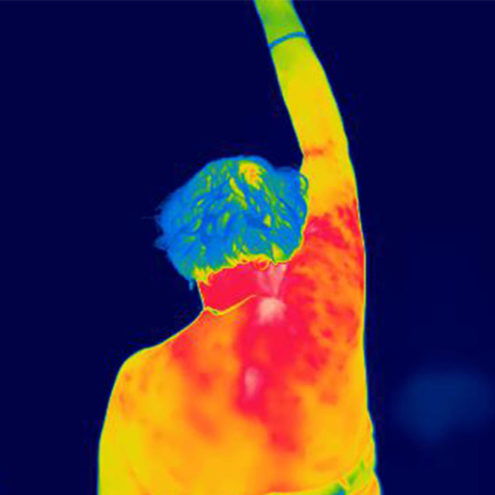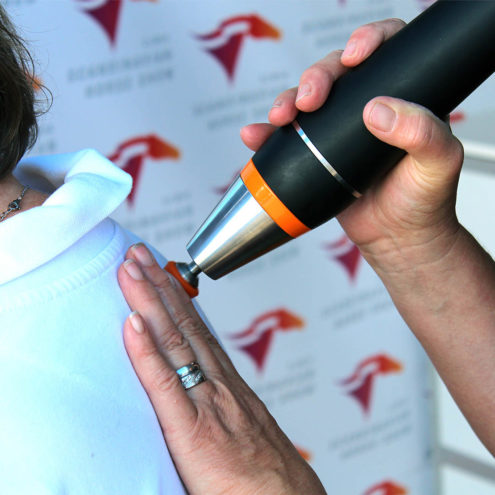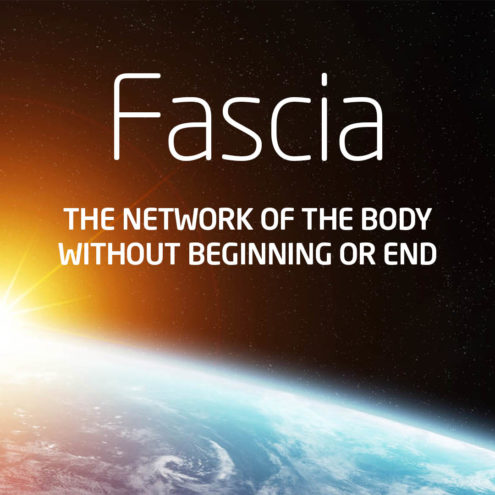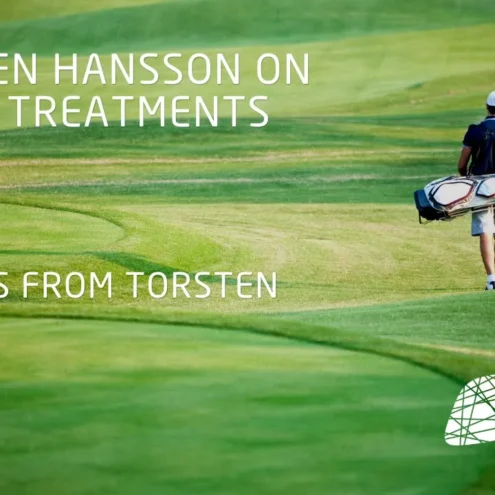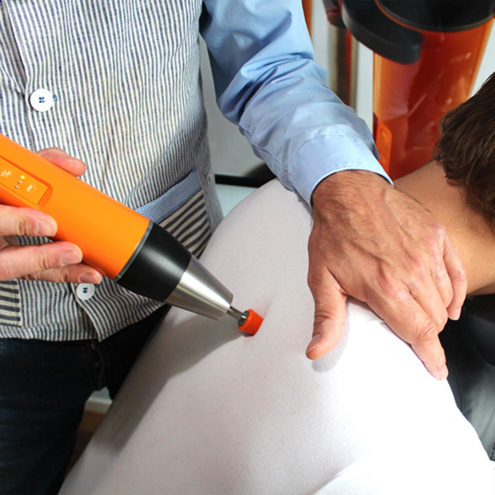Chronic Headache – Understanding and Managing Daily Pain

Chronic headaches are a challenge that affects many people’s lives. Living with headaches on a daily basis can be overwhelming, and it is important to understand both the causes behind chronic headaches and the different ways to manage them.
What are chronic headaches?
Chronic headache is a term used to describe a form of headache that recurs regularly over an extended period of time, usually at least 15 days a month for three months. There are different types of chronic headaches, including tension-type headaches, migraines and Horton’s headaches. The causes of chronic headaches can vary and include genetic factors, stress, hormonal changes and more.
Headaches Every Day: Causes And Consequences
Why Some People Experience Daily Headaches
There are several factors that can contribute to someone experiencing daily headaches. Stress is a common trigger, and tension in the neck and around the shoulders can be part of the problem. Other underlying medical conditions such as sleep apnea, migraines or hormonal imbalances can also lead to chronic headaches.
Quality of life and psychological effects of daily headaches
Living with daily pain can significantly affect a person’s life. Headaches can make it difficult to perform daily activities and participate in social events. In addition, the constant pain can affect mental health and result in increased anxiety, depression and stress.
Common types of chronic headaches
Tension headaches
Tension-type headache is the most common form of chronic headache. It is characterized by a pressing pain around the head, as if someone has a tight bow around it. Tension-type headaches can be mild to moderate in intensity and can be chronic, meaning that they recur regularly.
The causes of tension headaches can be many. Muscle tension, stress and poor ergonomics are the most common factors. It is important to identify the specific factors that trigger tension headaches in order to manage them effectively.
Migraine
Migraine is another form of chronic headache that can be very painful and greatly affect people’s lives. Migraine headaches are characterized by a pulsating pain usually on one side of the head. Migraine attacks can be accompanied by symptoms such as nausea, vomiting and light sensitivity.
Migraines often have genetic components and can be triggered by a variety of factors, including stress, hormonal changes and certain foods. Treatment and prevention of migraine can be complex and often requires medication and lifestyle changes.
Cluster headache
Horton’s headache, also known as cluster headache, is a rare but extremely painful type of headache that can be chronic. The pain is sharp and intense and is usually localized around one eye. Horton’s headaches often follow a cyclical nature, with periods of attacks that can be daily or weekly.
The causes of Horton’s headache are not entirely clear, but it is thought to be related to abnormalities in the blood vessels of the brain. This type of headache usually requires specialized care and treatment.
Diagnostics and investigation
Who should you seek for a diagnosis?
If you are experiencing chronic headaches and suspect that it may be more than just temporary pain, it is important to seek professional help. Your first point of contact may be your primary care physician, but in some cases you may need a referral to a specialist such as a neurologist.
Common Examination Methods
To establish an accurate diagnosis and understand the underlying causes of your chronic headaches, doctors may use a variety of investigative techniques. These include magnetic resonance imaging (MRI), computed tomography (CT), and cerebrospinal fluid analysis. These tests can help rule out serious medical conditions and provide guidance for the treatment plan.
Treatment options and relief
Medical treatments
There are several different medicines that can be used to treat and relieve chronic headaches. For tension headaches, painkillers such as ibuprofen or paracetamol can be effective. For migraines, triptans or preventive drugs may be prescribed. Horton’s headache may require special treatment with oxygen or drugs called calcium channel blockers.
Lifestyle changes and prevention
To manage chronic headaches in the long term, it is important to make changes to your lifestyle. This may include avoiding triggers such as stress, alcohol or certain foods. Regular exercise, enough sleep and relaxation techniques such as meditation or deep breathing exercises can also help.
Alternative therapies
For some people, alternative therapies can complement medical treatment. Acupuncture, massage, and chiropractic are some examples of complementary therapies that can help relieve chronic headaches and improve quality of life.
How The FasciaClinics Can Help With Chronic Headaches
The FasciaClinics specialize in pain relief by focusing on the fascia, the network of connective tissue that permeates and surrounds the muscles and organs of the body. Fascia has an important role in managing muscle tension and can play a significant role in chronic headaches. Fascia contains an abundance of pain receptors which, when triggered, send pain signals to our central nervous system.
By addressing the impact of fascia on muscles and pain, we can help reduce the frequency and intensity of chronic headaches. We work with you to create an individualized treatment plan that takes into account your specific needs and goals.
Contact us for advice and treatment
If you suffer from chronic headaches and need professional care and advice, don’t hesitate to contact the FasciaClinics. We are committed to helping you understand and manage your chronic headaches effectively. Our expertise and experience can make a significant difference in your quality of life by reducing pain and improving your overall health. We look forward to supporting you on your journey towards a pain-free existence.
References:
May, A., & Schulte, L. H. (2016). Chronic migraine: Risk factors, mechanisms and treatment. Nature Reviews Neurology, 12(8), 455-464.
Headache Classification Committee of the International Headache Society (IHS). (2018). The International Classification of Headache Disorders, 3rd edition. Cephalalgia, 38(1), 1-211.
American Migraine Foundation. (2021). Cluster Headache. https://americanmigrainefoundation.org/resource-library/cluster-headache/
 Search
Search

